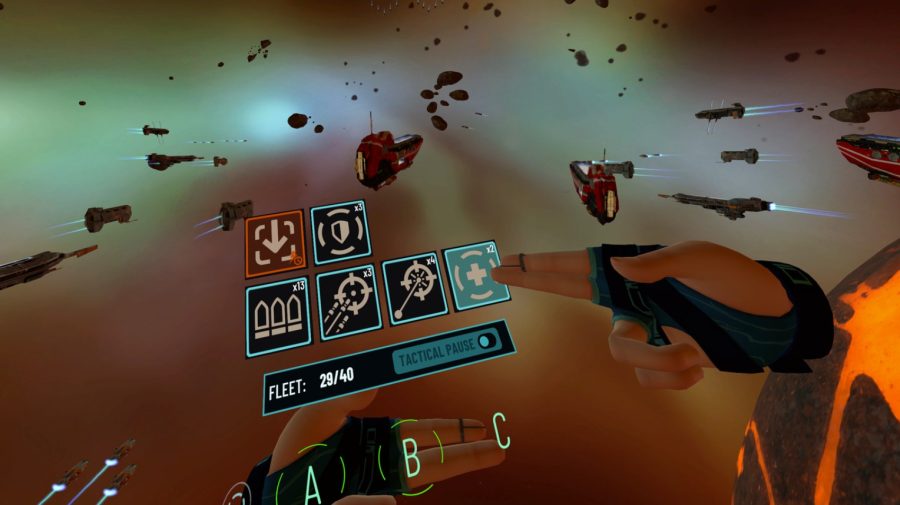As Ricardo Reyes, Tesla’s head of communications, told Wired:
In other cars, all the systems work separately—there are different processors for different parts: the safety system here, the cruise control here. And that’s the evolution of building cars in stages, whereas our car has a central operating system, more like what your phone has.
The legacy car manufacturers, in other words, still think of cars as, well, cars. They’re in the Windows 95 era, when HP made the desktop, Microsoft built the operating system, and everyone else made apps.
We don’t live in that world anymore.
See also: The Road Ahead For Connected Cars
Instead we live in the world of Apple, with seamlessly integrated hardware and software. Sure, other people also build apps for such platforms, but the essential machine—hardware and software—is controlled by just one company.
Connect Me, Please
Part of this integration of hardware and software includes an always-on connection to the Internet. For my Honda Pilot, every year or so, the company makes me pay for them to ship me a CD with a map update.
Think for a moment how archaic that is.
What could be more central to the driving experience than maps? What could be more important to the future of driving than the ability for those maps to be intelligent, built into the driving experience to help me and the machine get where I want to go?
And yet—a CD. Shipped to me … if I pay $150 for it.
Tesla’s model is very, very different. Wired quotes Elon Musk as saying:
Car-makers need to think of their cars as connected devices, that the way a car should operate, like your cell phone or laptop so you can do improvements over the air….It’s important for safety and functionality that car-makers move to a connected philosophy….It’s kind of odd to have a computing device that’s not connected.
Between the lack of an integrated design methodology and the disconnected nature of their cars, it’s a long shot that Ford, GM, and other traditional automobile manufacturers are going to dominate the future of cars.
But Apple and Tesla? Definite possibility.
The Driveable Computer
Apple has reportedly hired hundreds of engineers to work on Project Titan, an electric car that may look like a minivan, but will be deeply integrated into the overall Apple experience.
Think Siri meets over-the-air updates meets beautiful interfaces meets where-does-the-hardware-end-and-the-software-begin? elegance.
Some of us have already felt what a glaring difference a little integration can make. Take, for example, my Pilot. While it has mapping functionality straight out of the 1800s, at least it offers Bluetooth for solid integration with my iPhone.
Not so for my wife’s Volvo, which seems to take pride in its retro interface. She quickly gravitated to the Pilot, rather than jack in her phone every time she wanted to listen to music. She wants a connected car, and decides on a daily basis not to drive the more expensive, ostensibly nicer car, because it’s stuck in a different era.
That may just be anecdotal evidence, but it’s not exactly an uncommon scenario. More of us are putting our mobile devices at the center of our lives. Today, nearly two-thirds of Americans own a smartphone. Which is why, ironically, Apple and Tesla have a better chance of building the future of the automobile industry than Chevy, BMW, or any of yesterday’s manufacturers with yesterday’s bolt-together, disconnected approach.
Yes, they have decades more experience building cars. And, yes, they’re trying to get savvier about software, even opening an ever-growing number of software jobs at Ford and elsewhere.
What they critically lack, however, is experience building computers. And that is what we want to drive—deeply integrated, completely connected computers.










